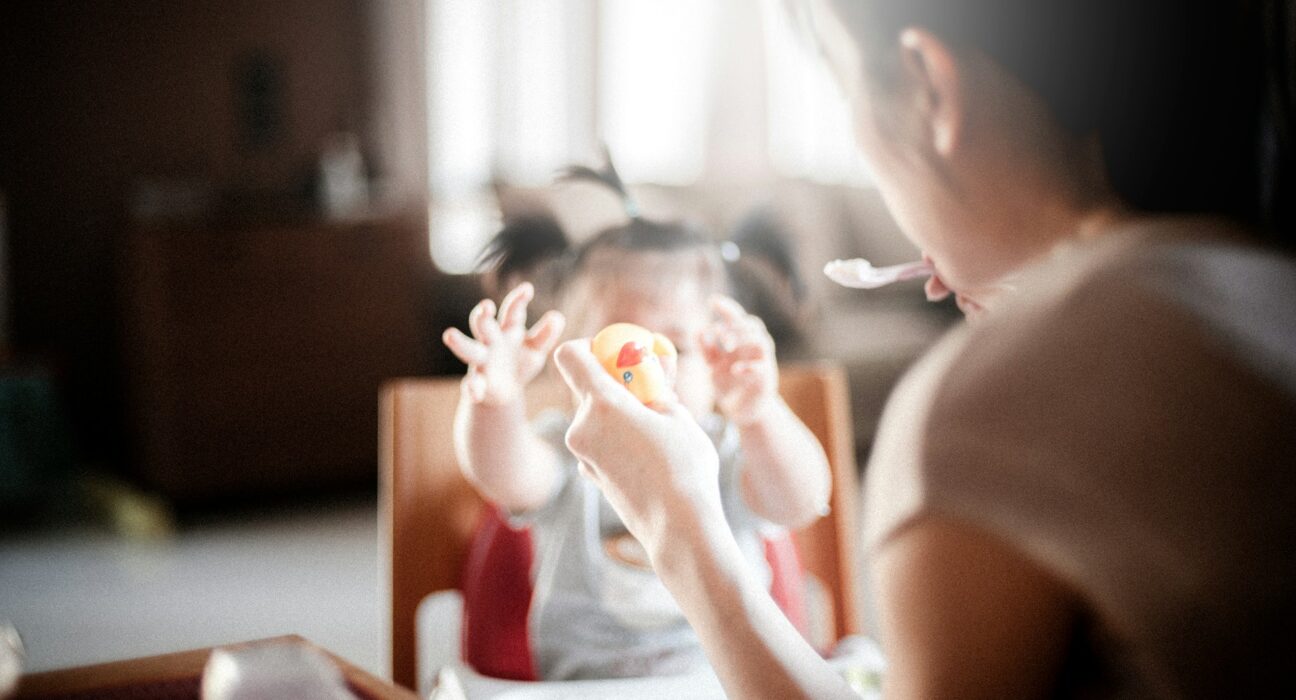Parenting approaches have undergone a dramatic transformation over the past two decades. Where previous generations followed established patterns passed down through families, many contemporary parents are actively seeking alternatives to conventional child-rearing methods.
This shift represents more than a simple rebellion against tradition. Modern families face unique challenges that older parenting models don’t adequately address. From increased screen time concerns to environmental awareness, today’s parents are crafting personalized approaches that align with their evolving values and beliefs.
The emergence of alternative parenting philosophies reflects broader cultural changes around wellness, spirituality, and individual expression. These movements offer parents frameworks for raising children that prioritize emotional intelligence, environmental consciousness, and holistic development over traditional markers of success.
Understanding these emerging trends provides valuable insight into how family dynamics are evolving and what this means for future generations. Each approach brings distinct benefits and considerations that parents can evaluate based on their unique circumstances and goals.
Understanding Conscious Parenting Principles
Conscious parenting represents a mindful approach to child-rearing that emphasizes awareness, intentionality, and emotional connection. This philosophy encourages parents to examine their own childhood experiences and reactions before responding to their children’s behavior.
The core principle involves recognizing that children are individuals with their thoughts, feelings, and perspectives. Rather than viewing kids as extensions of themselves, conscious parents strive to see their children clearly and respond to their actual needs rather than projected expectations.
Emotional Regulation Takes Center Stage
Central to this approach is the belief that parents must first regulate their own emotions before attempting to guide their children. This means taking time to process feelings of frustration, anger, or disappointment before engaging with challenging situations.
Practitioners focus on developing emotional vocabulary and creating safe spaces for children to express their feelings without judgment. This approach aims to raise emotionally intelligent individuals who can navigate complex social and personal relationships throughout their lives.
Moving Beyond Punishment-Based Discipline
Conscious parenting typically rejects traditional punishment models in favor of natural consequences and collaborative problem-solving. When conflicts arise, parents work with children to understand the underlying needs and find mutually acceptable solutions.
This methodology requires significant patience and self-reflection from parents, as it demands consistent emotional availability and the ability to see situations from a child’s developmental perspective.
Spiritual and Holistic Approaches to Child Development
New age moms often incorporate spiritual practices and holistic wellness principles into their parenting strategies. These approaches view children as spiritual beings having a human experience, emphasizing the importance of nurturing both physical and metaphysical development.
Many parents in this category integrate practices like meditation, energy healing, and mindfulness into daily routines. They may choose alternative birthing methods, delayed or selective vaccination schedules, and non-traditional educational approaches that honor different learning styles.
Natural Living and Environmental Consciousness
Environmental awareness plays a significant role in many alternative parenting communities. Families often prioritize organic foods, natural materials, and sustainable living practices as ways to model environmental responsibility for their children.
This extends to choices about toys, clothing, and household products. Many parents research the origins and manufacturing processes of items they bring into their homes, viewing consumer choices as opportunities to teach values and protect their family’s health.
Educational Philosophy Shifts
Alternative education options have gained popularity among parents seeking more individualized approaches to learning. Homeschooling, unschooling, Waldorf education, and Montessori methods offer different frameworks that align with various philosophical perspectives.
These educational choices often reflect broader beliefs about childhood development, creativity, and the role of standardized testing in measuring success. Parents may prioritize emotional and social development alongside academic achievement.
Digital Age Challenges and Responses
Modern parents navigate technology concerns that previous generations never faced. Screen time limits, social media exposure, and digital privacy represent new frontiers in child protection and development.
Many alternative parenting communities advocate for delayed technology introduction, emphasizing real-world experiences and interpersonal connections during early childhood years. Some families implement “tech-free” zones or specific times to encourage face-to-face communication and outdoor activities.
Social Media and Identity Formation
Parents increasingly recognize the impact of social media on identity development and self-esteem. Alternative approaches often involve open discussions about online personas, digital footprints, and the difference between curated content and authentic experiences.
Some families choose to limit their children’s social media presence entirely, while others teach critical media literacy skills to help kids navigate online spaces safely and thoughtfully.
Community Building and Support Networks
Alternative parenting approaches often emphasize community involvement and collective child-rearing practices. Many families seek out like-minded groups where children can interact with others who share similar values and experiences.
These communities provide support for parents who may feel isolated when their choices differ significantly from mainstream practices. Online forums, local meetups, and cooperative childcare arrangements create networks where alternative approaches are normalized and celebrated.
Intergenerational Relationship Dynamics
Parents pursuing non-traditional approaches sometimes experience tension with extended family members who have different perspectives on child-rearing. This can create complex dynamics around holiday traditions, gift-giving, and disciplinary approaches.
Many families work to establish boundaries while maintaining respectful relationships with grandparents and other relatives. Open communication about family values and parenting goals helps create understanding across generational differences.
Evaluating Long-Term Outcomes and Considerations
The parenting evolution toward more conscious and alternative approaches raises questions about long-term outcomes for children raised in these environments. Research on many of these methods remains limited due to their relatively recent adoption.
Some studies suggest that children raised with high emotional awareness and strong family connections demonstrate better mental health outcomes and relationship skills. However, critics argue that some alternative approaches may inadequately prepare children for traditional educational and professional environments.
Balancing Individual Expression with Social Integration
Parents must consider how to honor their children’s individual development while preparing them for broader social expectations. This balance requires ongoing evaluation and adjustment as children mature and encounter different social contexts.
Successful navigation often involves teaching children to adapt their communication and behavior to different environments while maintaining their core values and sense of self.
Creating Your Family’s Unique Path Forward
The diversity of modern parenting approaches offers families unprecedented opportunities to create customized child-rearing strategies. Rather than following a single methodology, many parents combine elements from various philosophies to address their specific circumstances and values.
This individualized approach requires ongoing reflection, research, and willingness to adjust strategies as children develop and family needs evolve. Parents benefit from staying informed about child development research while trusting their instincts about what works best for their unique family dynamics.
The key lies in maintaining flexibility while establishing consistent core values that guide decision-making. Whether incorporating elements of conscious parenting, embracing holistic wellness practices, or creating entirely new approaches, successful families often share common traits: open communication, mutual respect, and commitment to each child’s individual growth and happiness.
Consider which aspects of alternative parenting resonate with your family’s values and circumstances. Start with small changes that feel authentic to your lifestyle, and remember that effective parenting approaches evolve alongside your growing children and changing family needs.







